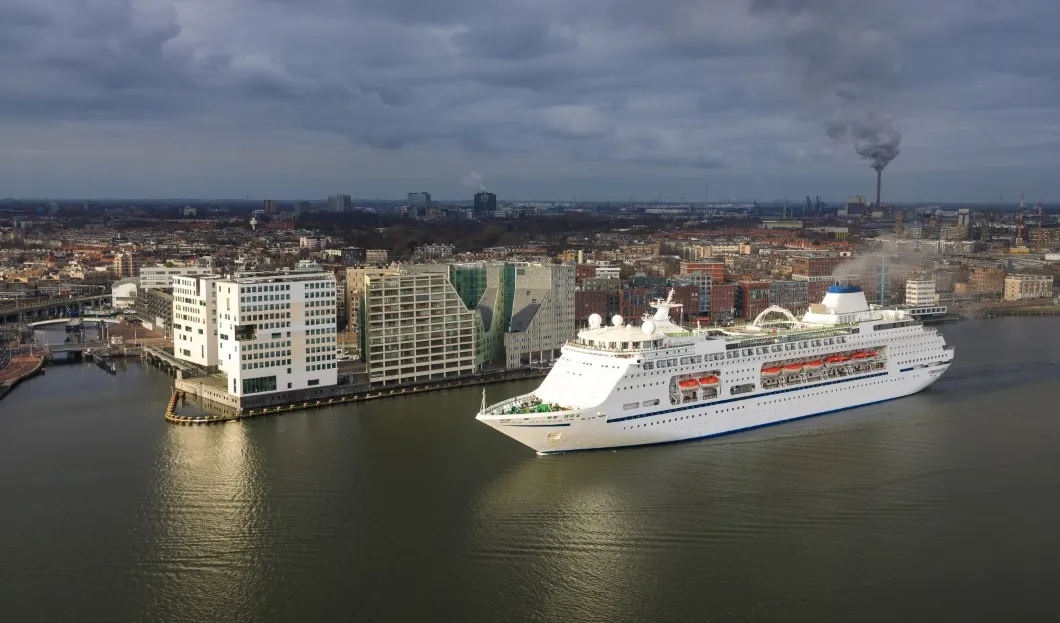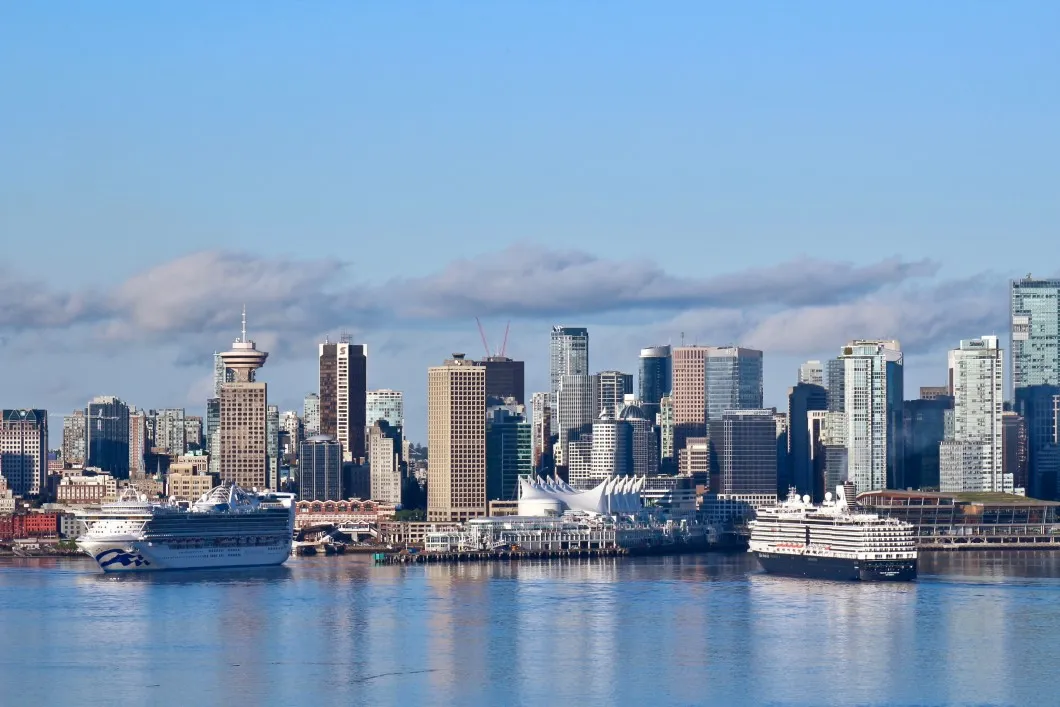
Amsterdam began to apply a fee to cruise line companies that are berthed in the city. The introduction of the fee generated rejection in the sector’s association, and as a result, two cruise lines decided to stop docking in the Dutch city.
The implementation of the fee is a new measure of the city of Amsterdam to battle mass tourism related to cruise ships. The city receives 20 million visits a year, while its population barely exceeds 820,000 citizens.
Starting on January 1, the city council charges 8 euros per passenger on cruise ships that dock at its port in transit. However, those who start or end a trip in this city are exempt.
The companies Cruise and Maritime Voyages (CMV) and MSC Cruises decided to stop their port-of-calls in Amsterdam, and instead head to the nearby port of Rotterdam.
According to Christian Verhounig, CEO of CMV, the implementation of the Amsterdam tourist fee “cannot be taken over” by the cruise line company or transferred to the passenger's ticket.
“Politicians should understand that the cruise industry plans its budgets two or three years in advance,” he explained. “Luckily, we have resources to face political decisions that only look for short-term goals, so we can change our itineraries,” he added.
The ships Columbus, Seven and Magellan will stop docking in Amsterdam during their travels for the summer of 2019 and 2020, which will affect over 50,000 passengers.
MSC Cruises will not stop in the city of the Netherlands for its port of calls any longer. According to Gianluca Suprani, Head of Global Port of Development and Shore Activities, Amsterdam tourism “will lose 50 to 100 euros per passenger,” he said, estimating their potential expenditure.
Members of CLIA (Cruise Lines International Association) specified that the number of passengers of these ships represents only 1% of the amount of tourists that arrive in the city. In addition, the association recalled that last year, the city council received 60 million euros from the port of Amsterdam thanks to cruise ship activities.
“In comparison, the remaining 99% will contribute 80 million euros to the city due to the tourist fee. It is clear that the contribution of cruise passengers is extremely disproportionate,” said Andy Harmer, director of CLIA for the UK and Ireland.
The tax decision of Amsterdam is similar to that implemented by the city council of Venice, which announced that it will charge a surcharge of 10 euros per tourist, whether arriving by cruise, train or bus. In addition, this city has a regulation that prevents vessels of more than 55,000 tons from passing near St. Mark’s Square.

As for Barcelona, since 2012, ships that dock for more than 12 hours in the Catalan port have to pay 2.25 euros per passenger; and since 2017, there is a surcharge of 0.65 euros if the stay is for shorter time.
Dubrovnik, another city experiencing the pressure of mass tourism, reorganized port-of-calls and prohibited the presence of more than two large vessels at the same time in its port.











New study show that cruise port is source of a heavy pollution, just as the most polluted by smog cities as for example Beijing or Santiago. Here is the study:
https://www.stand.earth/sites/default/files/2019-an-investigation-of-air-pollution-on-the-decks-of-4-cruise-ships.pdf